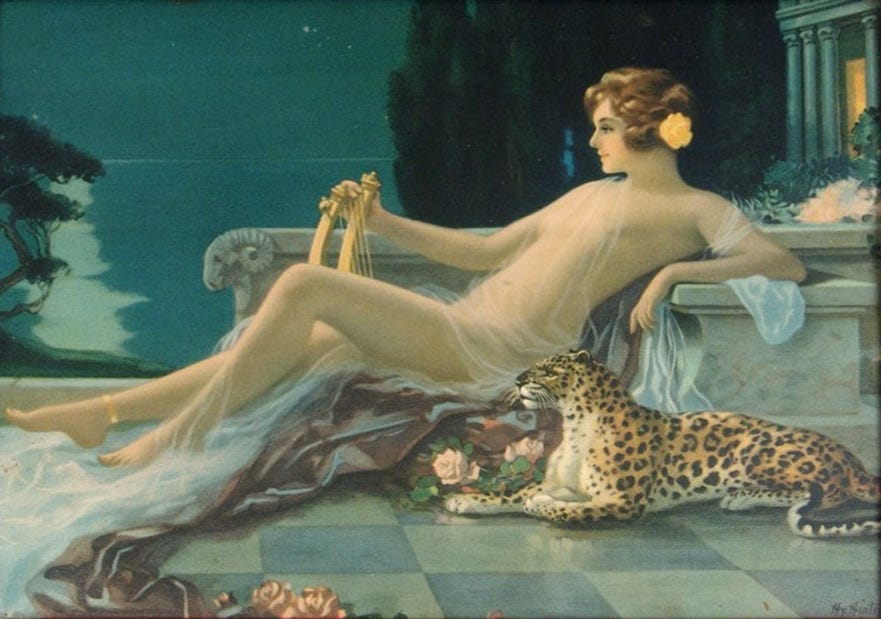
You know how it starts. Anyone with even the vaguest sense of the old canon of English poetry in American high-school literature textbooks knows how it starts: “Helen, thy beauty is to me / Like those Nicean barks of yore,” in “To Helen” by Edgar Allan Poe (1809–1849).
We ought to sense trouble building when that adjective “Nicean” arrives in the second line. Poe is, well, Poe, and even in those first words we are tempted to slip into the dream of a poem by that dreamy poet. “Helen” is presumably Helen of Troy, and a bark is a barque, a boat (a three-masted sailing ship, in Poe’s times, but generally a poetic word for any kind of boat, derived from the ancient Greek word βᾶρις).
And “Nicean” means . . . something vaguely ancienty. There are theories, of course. Perhaps “Nicean” refers to Nicaea, an ancient Greek colony in Asia Minor, near the Bosporus, although the colony was …
Keep reading with a 7-day free trial
Subscribe to Poems Ancient and Modern to keep reading this post and get 7 days of free access to the full post archives.



